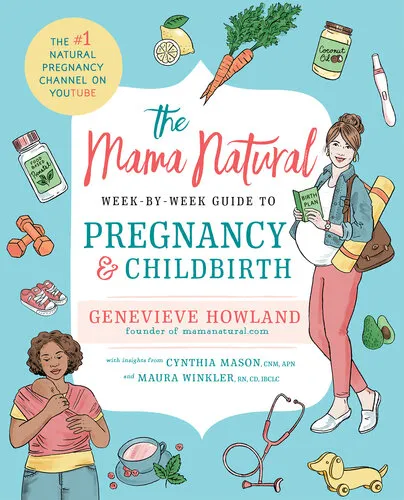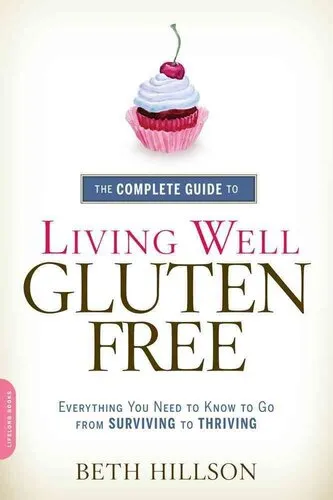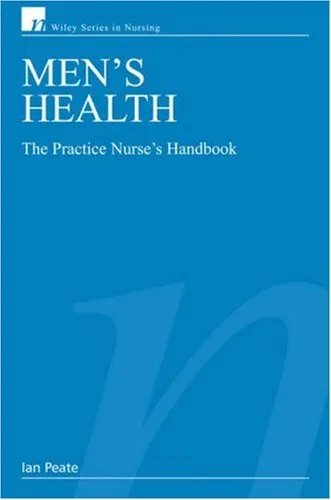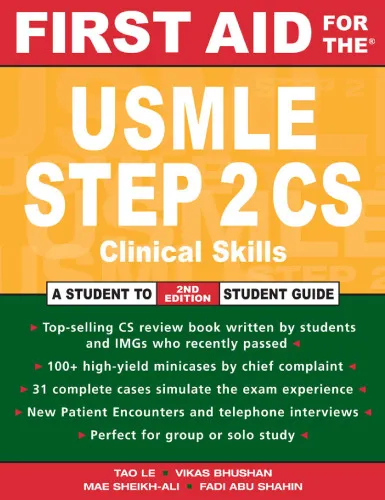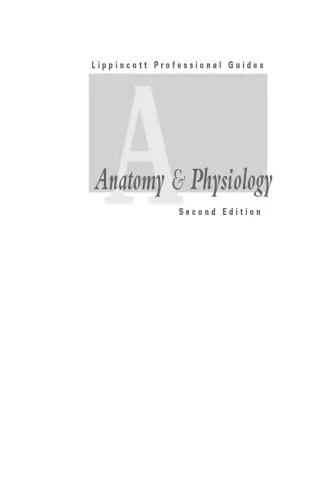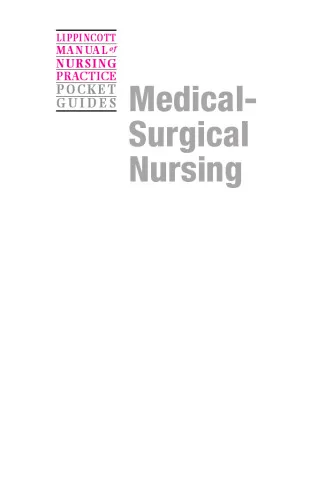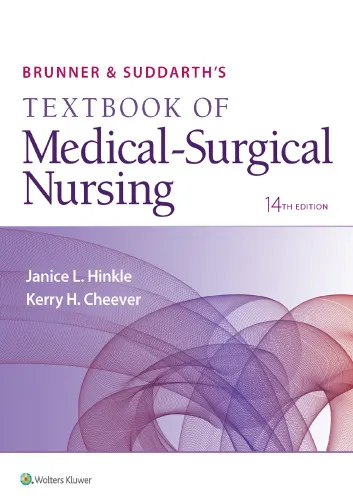Health Care For Women International
4.7
Reviews from our users

You Can Ask your questions from this book's AI after Login
Each download or ask from book AI costs 2 points. To earn more free points, please visit the Points Guide Page and complete some valuable actions.Related Refrences:
Analytical Summary
The book section Health Care For Women Internationalpp.275—289 offers a meticulously crafted examination of the intersection between women’s health care delivery systems and the research policies that shape them. Written by Mitroi, Lavinia R.; Sahak, Medina; Sherzai, Ayesha Z.; and Sherzai, Dean, this work draws on interdisciplinary perspectives to address both clinical and socioeconomic dimensions of women’s health.
This segment situates its analysis within a global context, recognizing that equitable access to health services for women remains a persistent challenge. By synthesizing scholarly studies, policy analyses, and empirical data, the authors explore how cultural norms, resource allocation, and legislative frameworks influence health outcomes for women. Information such as the precise publication year is unavailable due to no reliable public source confirming it; however, the content’s relevance is timeless in addressing the structural inequities that impede women’s health worldwide.
The section is both analytical and practical, blending narrative discussion with evidence-based recommendations. It serves professionals, academics, and policy makers by illuminating the nexus of gender-specific medical research and on-the-ground health care delivery, making it an essential reference for those committed to improving global women’s health outcomes.
Key Takeaways
Readers will find several critical messages embedded within Health Care For Women Internationalpp.275—289 that are essential for advancing women’s health policy and research integration.
First, the authors emphasize that gender-specific medical research must be prioritized in order to tailor clinical interventions effectively. Second, they stress that policy frameworks should be inclusive and adaptive, particularly in low-resource settings. Third, they advocate for multidisciplinary collaboration, bringing together public health experts, medical practitioners, economists, and sociologists to address complex health issues. Lastly, they highlight the importance of ongoing education and training for healthcare providers, ensuring sensitivity to both biological and sociocultural factors in treatment and prevention.
Memorable Quotes
Within this section, the authors offer thought-provoking statements that distill their core arguments.
"Healthcare that neglects gender-specific factors risks perpetuating systemic disparities." Unknown
"Policies shaped without input from women fail to capture the reality of their health needs." Unknown
"Inclusive research is not optional; it is fundamental to effective medical practice." Unknown
Why This Book Matters
Health Care For Women Internationalpp.275—289 matters because it bridges the gap between research theory and the lived realities of women in diverse healthcare contexts.
By integrating secondary keywords such as women's health policy and gender-specific medical research into its framework, the book section reinforces the necessity of tailoring strategies to the unique physiological and social determinants of women’s health. It empowers stakeholders to critically evaluate current systems and innovate new approaches to achieve equitable, effective care. This relevance is amplified by its broad applicability, from academic curricula to policy development agendas and clinical program design.
Inspiring Conclusion
In closing, Health Care For Women Internationalpp.275—289 serves as a pivotal resource for anyone dedicated to fostering a robust and equitable healthcare environment for women around the globe.
Its in-depth analysis and actionable insights signal a clarion call to academics, policy makers, and practitioners to move beyond awareness and towards implementation. By reading, sharing, and discussing the themes within this work, stakeholders can collectively drive forward an agenda that prioritizes women’s health policy and rigorous gender-specific medical research. Choosing to engage with this section is not just an intellectual exercise; it is a step toward meaningful change in the health trajectories of women worldwide.
Free Direct Download
You Can Download this book after Login
Accessing books through legal platforms and public libraries not only supports the rights of authors and publishers but also contributes to the sustainability of reading culture. Before downloading, please take a moment to consider these options.
Find this book on other platforms:
WorldCat helps you find books in libraries worldwide.
See ratings, reviews, and discussions on Goodreads.
Find and buy rare or used books on AbeBooks.
1636
بازدید4.7
امتیاز0
نظر98%
رضایتReviews:
4.7
Based on 0 users review
Questions & Answers
Ask questions about this book or help others by answering
No questions yet. Be the first to ask!




